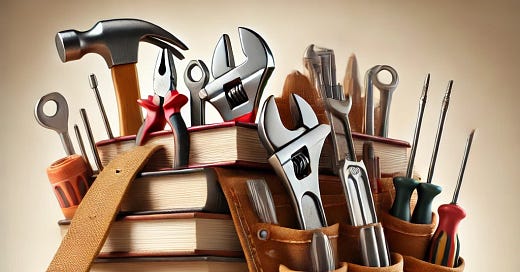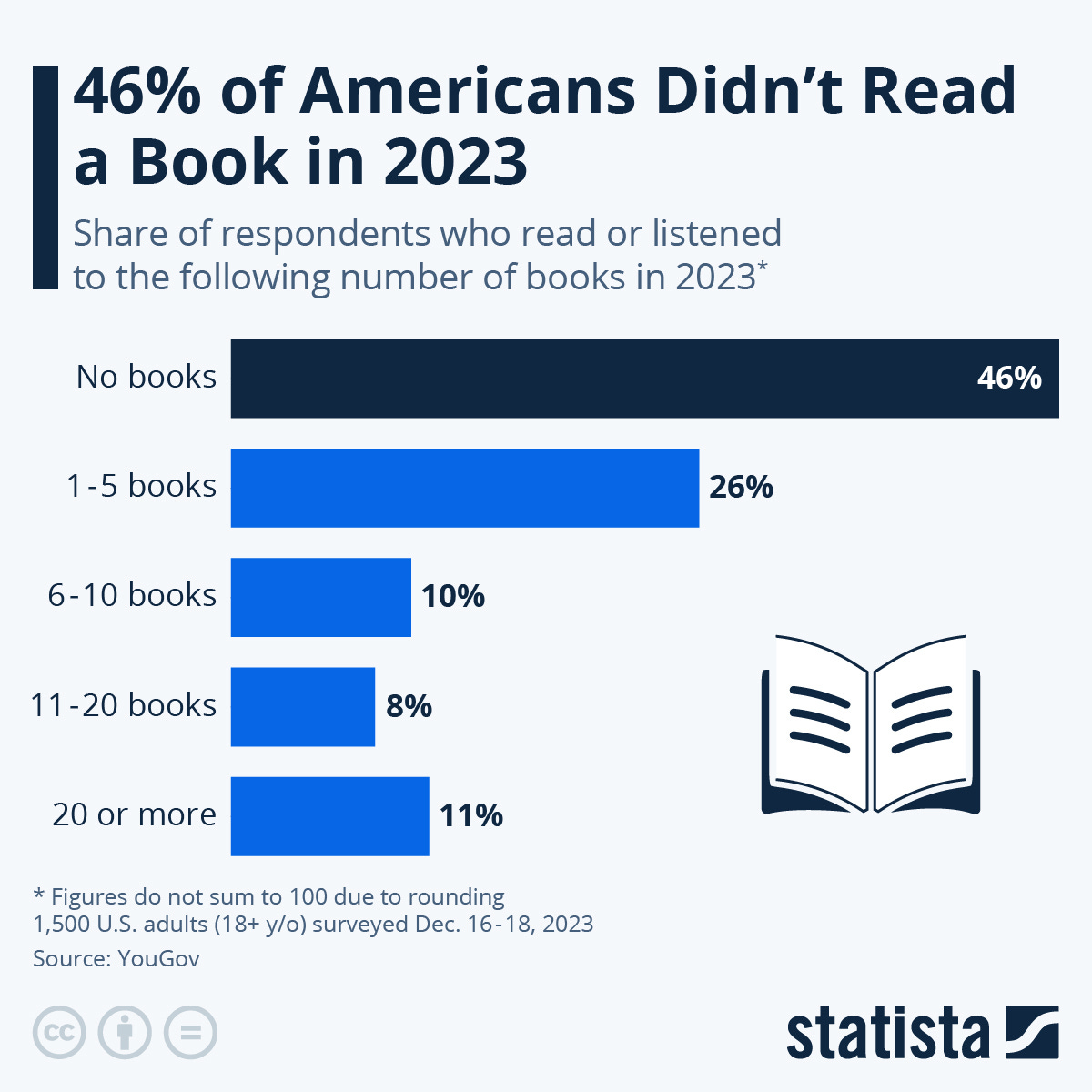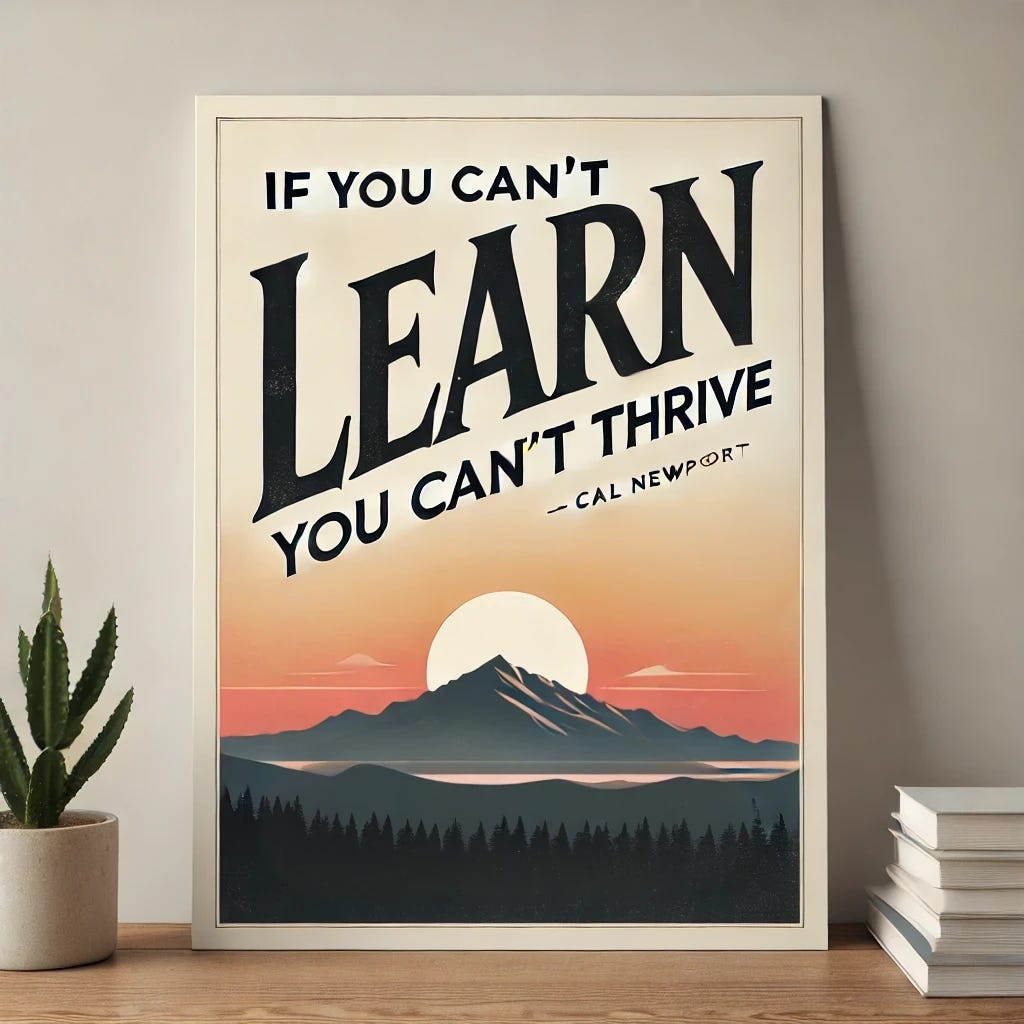In a world inundated with endless streams of content, it’s ironic how little most people actually read. Spending excessive time on social media is like eating fast food every day—convenient and occasionally satisfying, but lacking the nourishment of organically grown, home-cooked meals that a book provides. Let’s talk about why reading is not just a pastime but a transformative practice that shapes your mind and enriches your life.
The Benefits of Reading
Reading isn’t just entertainment; it’s a workout for your brain. It enhances critical thinking, expands vocabulary, and fosters creativity. Studies show that frequent readers tend to be more empathetic, better problem solvers, and even healthier mentally. For instance, reading reduces stress levels by up to 68%, according to research by the University of Sussex.
Reading also provides a unique opportunity to stand on the shoulders of giants. Books are condensed wisdom, offering perspectives and lessons that might take years to learn through experience alone. Imagine learning negotiation skills from Chris Voss or understanding how to be the most productive version of yourself you can be through the works of Cal Newport—all within a few hours of focused reading.
According to the Pew Internet Project, the median number of books read by Americans annually is just eight books, with a sharp divide between light readers (1-5 books per year) and heavy readers (20+ books per year). Which group do you want to belong to?
Reading Like the Titans: Buffett and Gates
Warren Buffett, one of the most successful investors of all time, attributes much of his success to reading. He spends 80% of his day reading, consuming around 500 pages daily. Similarly, Bill Gates is known to read about 50 books per year, citing it as his primary way of learning new things.
These titans understand that reading is a compounding investment. Each book adds a new tool to their life’s toolbelt—whether it’s a new framework for decision-making, a deeper understanding of history, or simply an idea that sparks innovation.
The Toolbelt Analogy
Think of life as a construction site. Challenges are like nails, bolts, and screws that need fixing. Without the right tools, you’re stuck improvising. Reading equips you with tools: a biography might provide a hammer to tackle personal growth, while a finance book could be the wrench for your money woes. The more you read, the better equipped you are to handle life’s complexities.
Practical Tips to Read More
✅ Set a Goal: Start with one book a month and gradually increase.
✅ Create a Reading Routine: Dedicate 20-30 minutes daily, perhaps before bed or during your morning coffee.
✅ Keep a "To-Read" List: Always have your next book ready. Use apps like Goodreads for tracking.
✅ Diversify Your Reads: Mix fiction (I need to read more fiction), non-fiction, and genres to keep things engaging.
✅ Leverage Audiobooks: Make your commute or workout time productive by "reading" on the go. You can also listen to audiobooks while you’re at the gym or cleaning.
If you implement all these tips reading 3-5 books a month is easily attainable.
I’m also considering launching a book club in 2025, based on demand. If you’re interested in joining or want to help shape its direction, please fill out this quick survey. Your feedback will help make this initiative impactful and engaging.
Conclusion
Reading is more than just a pastime; it’s a gateway to growth, a stress reliever, and an unparalleled tool for personal and professional development. By committing to read more, you’re not just consuming words on a page—you’re building the ultimate toolbelt for life.
So, what will you read next? Your future self is waiting to thank you.
Happy Reading,
Kobi






![OC] Poll: How Much Did You Read in 2023? : r/dataisbeautiful OC] Poll: How Much Did You Read in 2023? : r/dataisbeautiful](https://substackcdn.com/image/fetch/$s_!sC5T!,w_1456,c_limit,f_auto,q_auto:good,fl_progressive:steep/https%3A%2F%2Fsubstack-post-media.s3.amazonaws.com%2Fpublic%2Fimages%2F0502db50-ced1-4f92-aa6d-ed1ed14fdbcd_1080x1080.png)



The tool belt analogy was fantastic.